The Toxicity of Social Media And It’s Targeted Attacks on Modern Footballers
In the hours that followed Manchester United’s win on penalties over Coventry City, you’d be forgiven for thinking Marcus Rashford picked the ball up in the Coventry half, sprinted towards his own goal, booted it past Andre Onana and stuck his fingers up at his own fan base. That’s the type of reception he got online, for some strange reason. Cold, disrespectful, and nasty.
It’s a reaction Manchester United fans know better than anyone on the planet at this stage. Bomb threats to Harry Maguire’s house, public smear campaigns resting on any sort of supposed inadequacy any Manchester United player or manager shows. Erik ten Hag being photographed getting his haircut, and Kobbie Mainoo wearing, wait for it, a blue jacket. It’s not the journalism I grew up wanting to be a part of, and it’s also not a world I enjoy being a part of either.
Football fans too much of the time allow their own personal issues in life to spill out onto the footballers they watch on television. They believe that just because these players are paid X and Y, they have the authority to speak to them however they please. How could any amount of money warrant racial abuse after missing a penalty? How could anyone justify speaking to another human being in the manner some do on Twitter just because they have been paid a certain fee?
The Manchester United Social Media Contingent:
Harry Maguire is perhaps the most unfairly treated player in Manchester United’s history. I used to watch United games, not in the worry of Harry making a mistake, but in the worry of what a mistake meant on social media. People would watch England and Manchester United games, looking for any sign of an error Maguire would make. People even created errors in their own heads, such as when David De Gea booted the ball out of play against Norwich. Fans on Twitter suggested he did it because Maguire isn’t “good on the ball,” ironically speaking about one of the best on-ball defenders England has had in a long, long time.
Maguire is the only player I can remember in football history who would get blamed for the mistakes of other players. Midfield out of position? Blame Harry Maguire. Free man at the back post when Maguire was at the front post? Blame Harry Maguire. It was borderline hilarious some of the things hurled at the former United captain as a stick to beat him with, but he never yielded, never allowed it to peg him back.
Maguire endured this for months, going on years on social media. People questioning his ability to be a captain, tearing into his personality, and launching a targeted hate campaign for some strange reason, all because of a number paid by a club to another club, which he had no say in.
Once Maguire was moved out of the team, the target changed. Bruno Fernandes was accused of asking to come off the pitch against Liverpool on Sky Sports News—something that never happened, something that was pulled from the sky—all because a pundit I respect dearly was angry his team was getting hammered. Bruno has since been called a rat on social media and a petulant child who cannot lead Manchester United. He was also accused of going down holding his face, despite being “hit in the chest,” when in reality he was smacked in the chin by Ibrahima Konate. That spills into the mainstream, which adds fuel to the fire, and it continues on a looped cycle. Manchester United sell papers; they have done so since the dawn of time, but can we, as a population, not do it this way? Constructive criticism is fine; lying isn’t.
Marcus Rashford was always going to be the next target. Once that night out in Belfast happened, the social media contingent had a field day. The world went wild, trying to shed dirt on Rashford, suggesting he does not care about the club, and begging him to leave at the closest available time period. There are, of course, certain publications on Twitter that won’t leave Rashford alone, claiming there’s a clause in his contract suggesting he has to start for Manchester United. Slating his every move, plotting his downfall.
It’s a continuous, toxic loop. Journalism is objective; your feelings do not matter when telling the truth. Here’s some facts: Marcus Rashford has played for Manchester United through injury more times than he hasn’t. Bruno Fernandes has played for Manchester United through injuries more times than he hasn’t. Harry Maguire did not train for Manchester United this week and put his body on the line to smash his team into an FA Cup semi-final. This deserves to be lauded, not subjected to horrible abuse online.
The Death Of Journalism?
This isn’t PR. It’s not positive propaganda to try and get into the good books of these players or the club; it’s a journalist worried about the direction this craft is heading in and a man who’s fed up seeing football fans project their anger onto human beings on a football pitch and acting as if it’s acceptable. Football is tribal; I understand that, but there has to be a line between the fair and the unacceptable. The lines are so blurred they need prescription glasses, but that should not be the case.
Antony is the next target because he cupped his ears at the Coventry players, who evidently cupped their ears after their first penalty after Casemiro had missed. Antony has since been called a disgrace on social media, by the same fan base online that lambasted him for apoligizing to Galatasaray fans after Alejandro Garnacho’s celebration away from home. There’s a trend developing here, United players cannot win. Manchester United manager’s cannot win. Nobody associated with Manchester United can win, even when they do.
Ole Gunnar Solskjaer was publicly slated for smiling. I can’t believe my fingers have just typed that sentence, but a Manchester United club legend was slated for smiling. His tactics and knowledge of the game were crucified, his backroom staff tortured, and we’re talking about two of the most impressive young coaches in the Championship, by the way, with one of them winning the manager of the season award in Kieran McKenna. Ole was public enemy number one for no reason other than people wanting to project their anger onto a person they didn’t know anything about. It took a heavy toll on him, as we saw in his farewell video when he was let go by the club.
Journalism isn’t dying because print is dying; it’s dying because the quality of the art is dropping more and more every year that passes, and the coverage of Manchester United proves that more than anything.


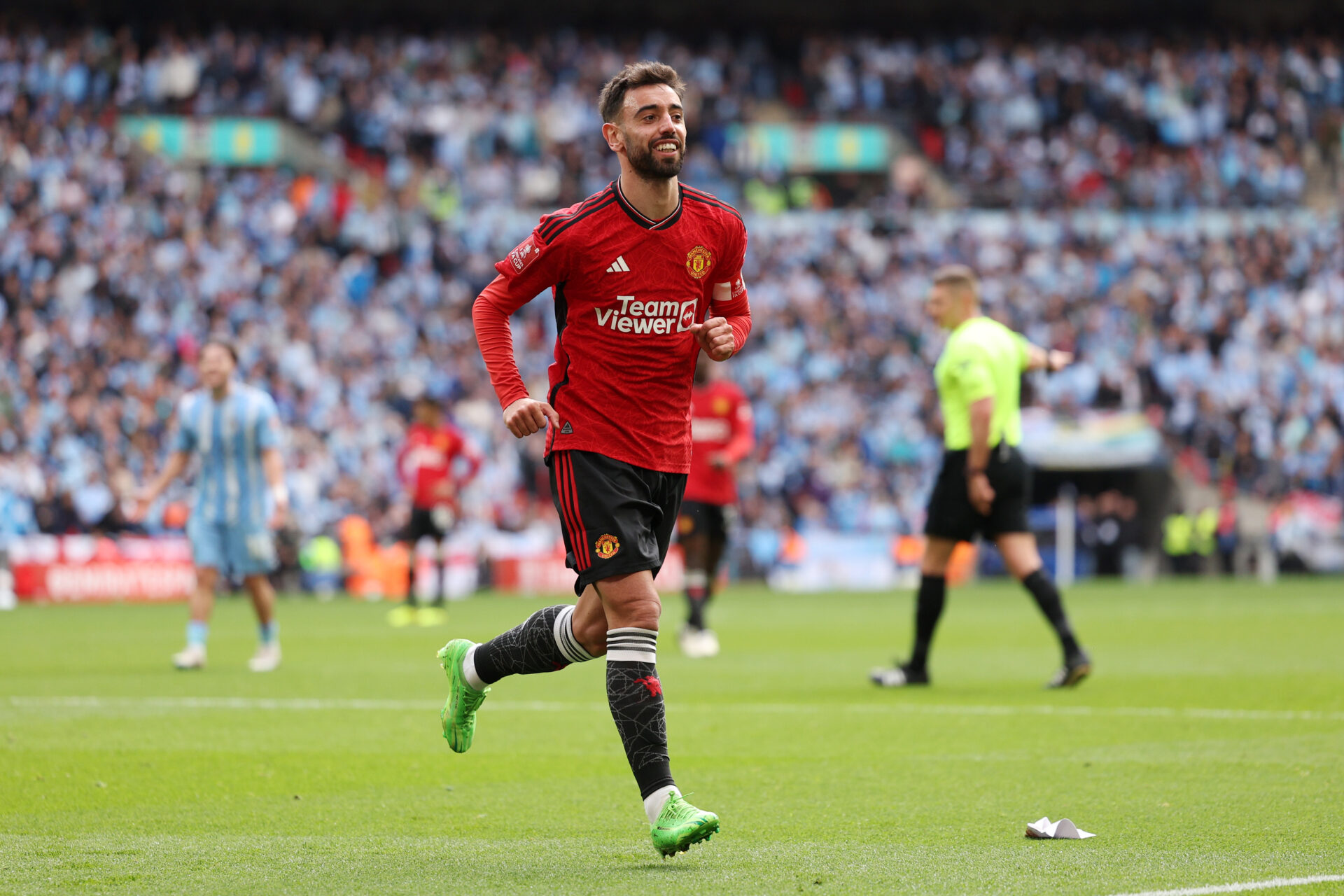
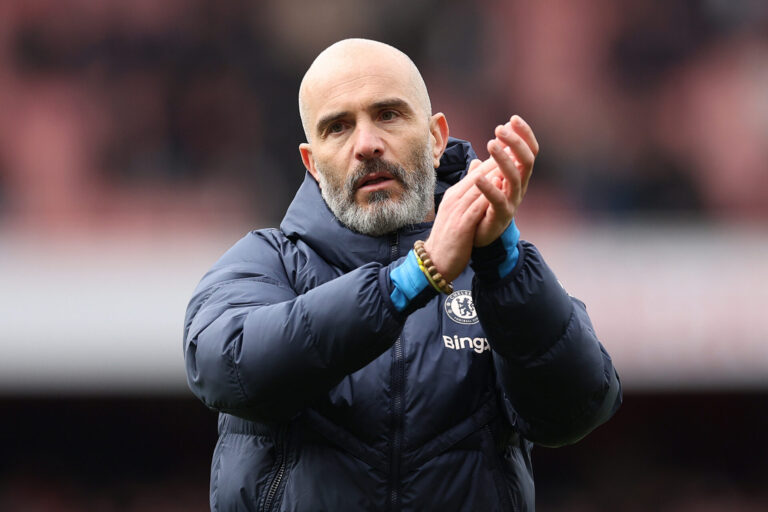
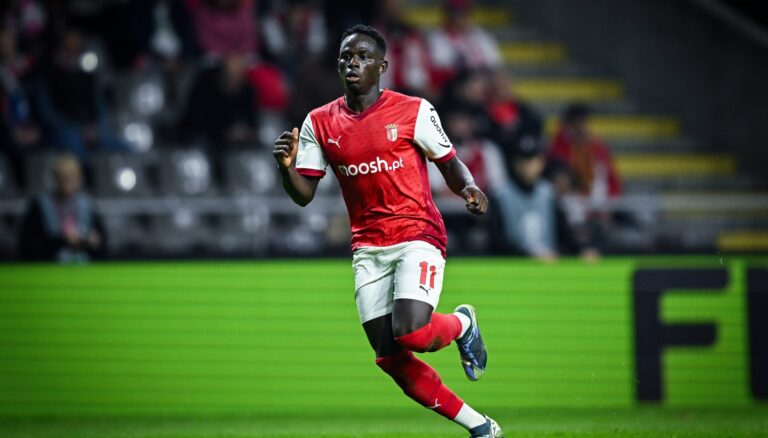
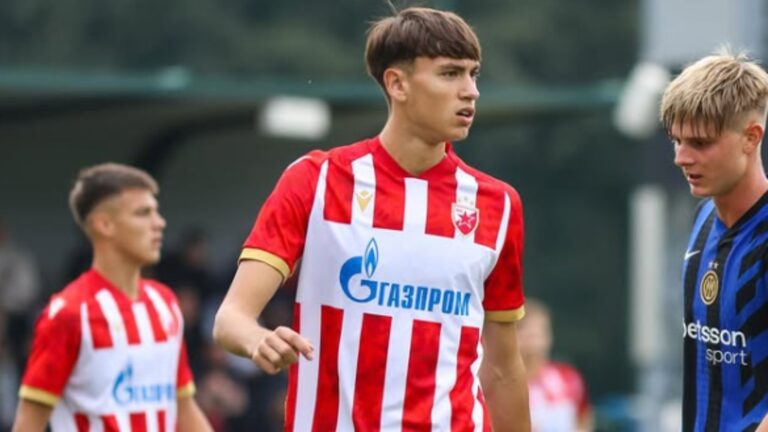
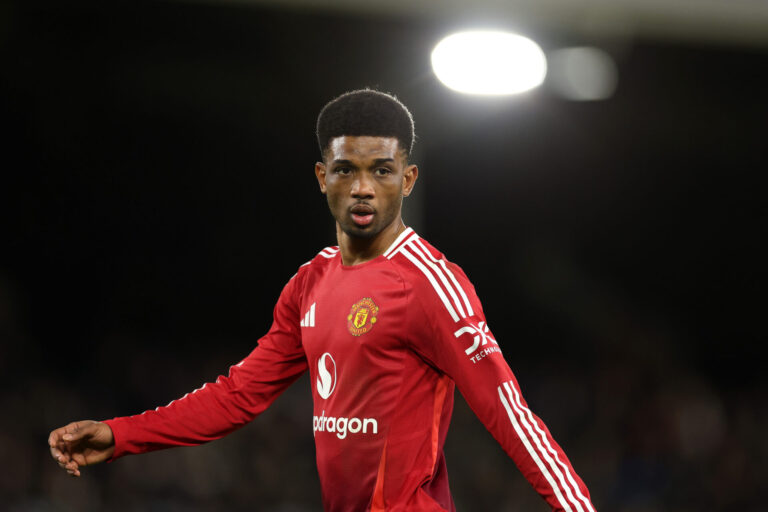
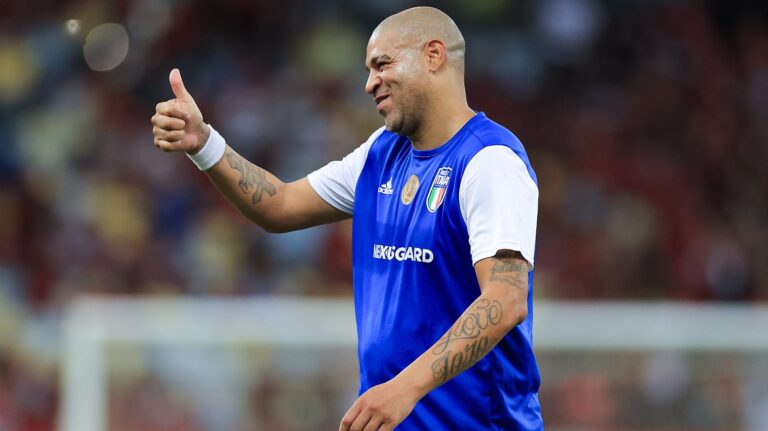
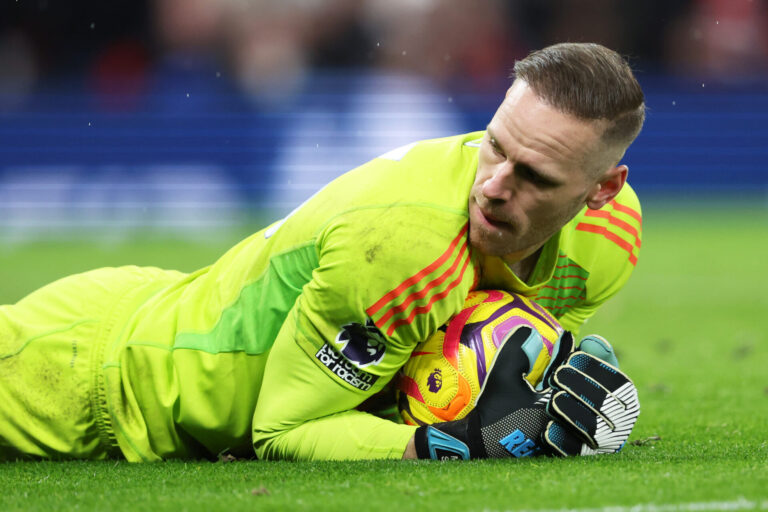
2 Comments